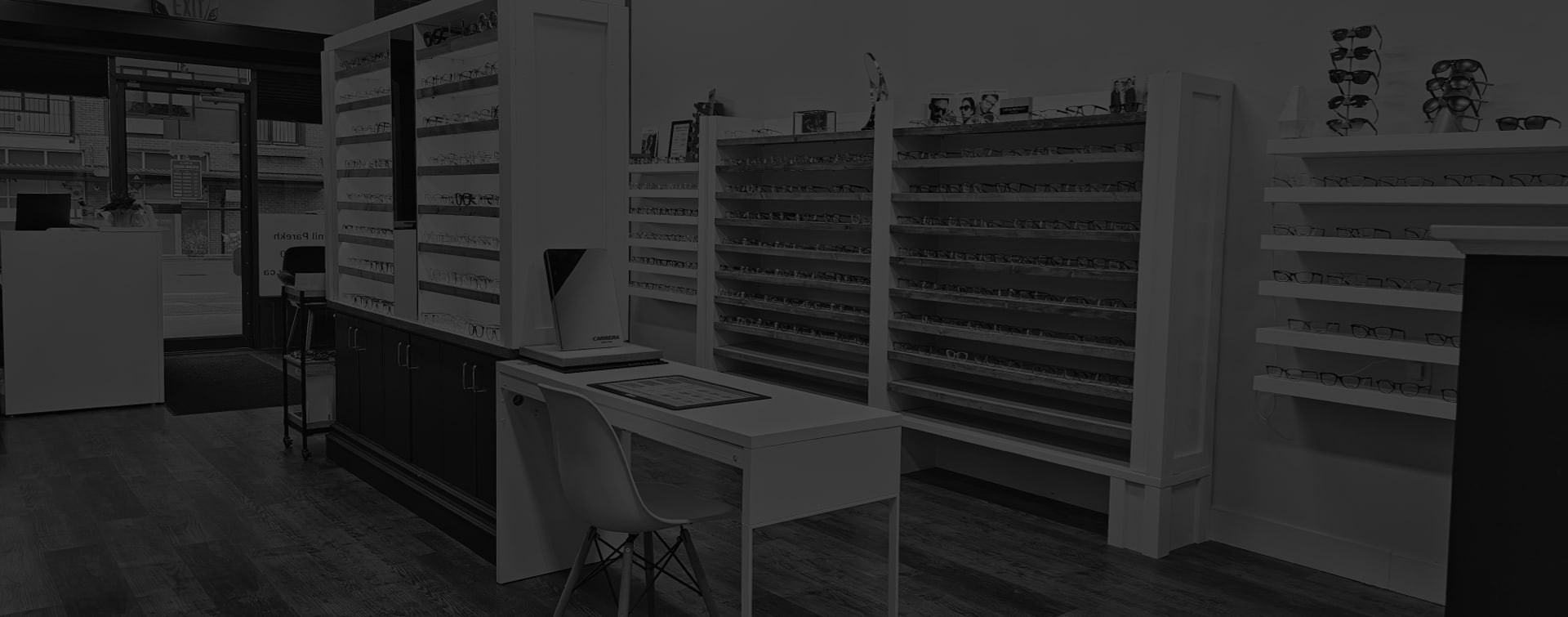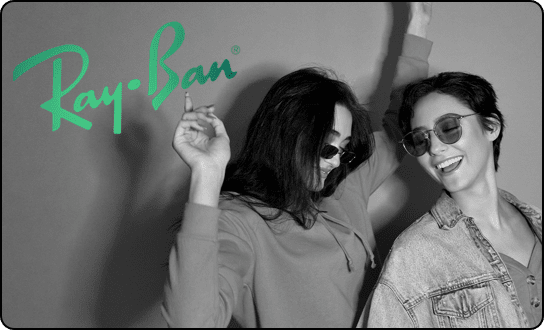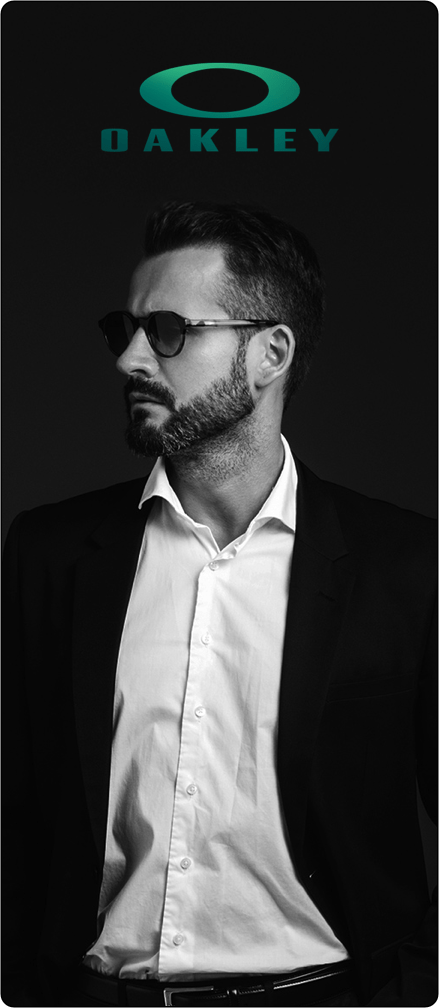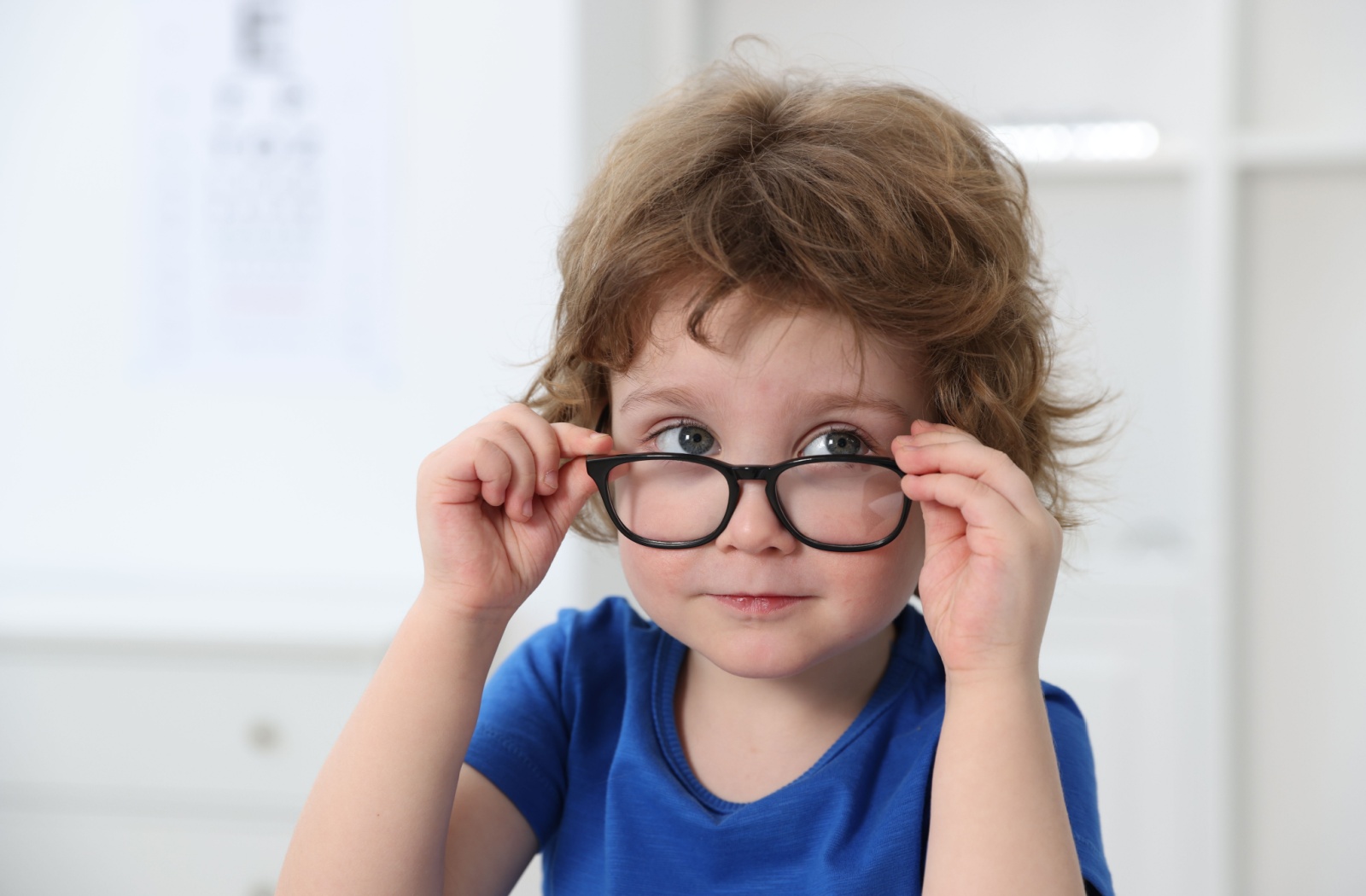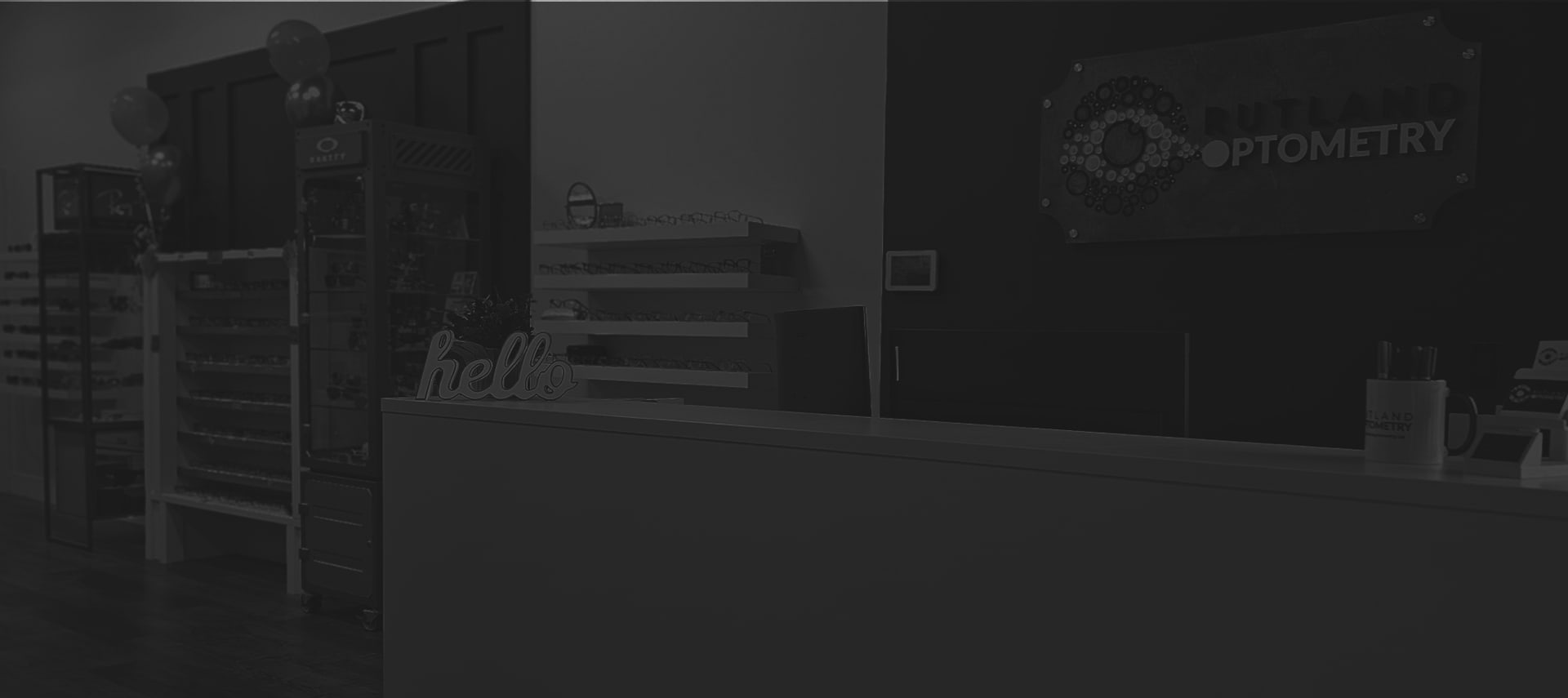You’ve probably heard the saying “carrots are good for your eyes” at some point in your life. Whether it was from a parent urging you to eat your veggies or a friend joking about night vision, the link between carrots and eye health seems like common knowledge.
But are carrots really good for your eye health? Yes, carrots are good for your eye health due to the nutrients they contain. And while a healthy diet can support your vision, it’s just 1 piece of the puzzle. We recommend regular visits to your optometrist to help you protect your eye health and keep your vision sharp.
Why Are Carrots Linked to Eye Health?
Carrots are often associated with better eyesight because they’re rich in beta-carotene, a nutrient that your body converts into vitamin A. Vitamin A plays a key role in maintaining healthy eyes, especially for your retina, which processes light and sends visual information to your brain. Without enough vitamin A, you’re at risk of developing night blindness or other vision issues.
It’s worth noting, however, that while carrots are beneficial, they’re not a miracle food for your eyes. Eating a mountain of carrots won’t give you superhuman vision. Still, they’re a great addition to a balanced diet that supports overall health, including your eyes.
The Role of Vitamin A in Eye Health
Vitamin A isn’t just about good night vision. It also helps keep the surface of your eyes (the cornea) healthy and reduces the risk of eye infections. Along with beta-carotene-rich carrots, vitamin A can be found in leafy greens, sweet potatoes, and animal products like liver and fish.
Keep in mind that eye health isn’t just about 1 magic food or supplement. It’s about creating a sustainable lifestyle that nourishes your entire body, which, in turn, supports your eyes.
The Myth of Carrots & Night Vision
The origin of the carrot eyesight myth may actually be tied to World War II propaganda. British pilots used radar technology to spot enemy planes, but to keep this technology a secret, the government spread a rumour that the pilots’ extraordinary nighttime vision was due to eating carrots. This clever bit of misinformation gave carrots their moment of fame and firmly planted the idea that they are a miracle food for your eyes.
Are Carrots Enough?
While carrots are a good source of vitamin A, eye nutrition goes beyond carrots. Other nutrients, like vitamin C, vitamin E, and zinc, also play significant roles in protecting your eyes from conditions like macular degeneration and cataracts.
Foods like citrus fruits, nuts, seeds, and whole grains can help round out a diet that promotes long-term eye health. And don’t forget about omega-3 fatty acids, found in fish like salmon, which contribute to retinal health and may help with eye dryness.
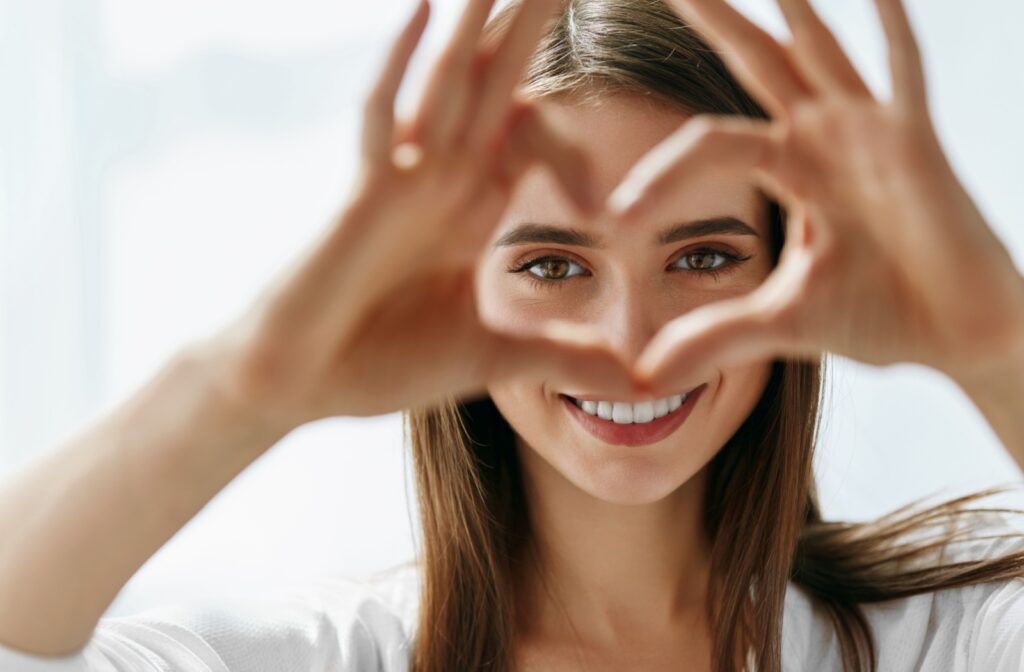
What Else Can You Do to Keep Your Eyes Healthy?
Eating nutrient-rich foods is just 1 aspect of maintaining healthy eyes. Proactive care is just as important as what’s on your plate.
Regular Eye Exams
Getting your eyes checked regularly helps detect potential issues early. Our comprehensive eye exams aren’t just about testing your vision—they’re about understanding your overall eye health and recommending personalized care.
Wearing Sunglasses
Exposure to UV rays can harm your eyes over time, increasing the risk of cataracts and other issues. A pair of quality sunglasses can make a big difference.
Practicing the 20-20-20 Rule
If you spend long hours looking at screens, remember to take a 20-second break every 20 minutes and focus on something 20 feet away. This reduces digital eye strain and helps keep your eyes comfortable.
Managing Conditions Like Myopia
Myopia (nearsightedness) is an increasingly common concern, especially with today’s screen-focused lifestyles. Through myopia management, it’s possible to slow the progression of myopia. With early intervention, this can mean better long-term eye health for children with myopia.
See the Bigger Picture with Rutland Optometry
Your eyes are an essential part of how you experience the world, and caring for them is about so much more than eating carrots (though we do recommend including them in your diet!). A well-rounded diet, regular eye exams, and protective eyewear all work together to keep your eyes functioning at their best.If you’re curious about what else you can do to support your vision or have questions about your eye health, we’re here to help. At Rutland Optometry, we’re committed to providing personalized eye care that meets your unique needs and helps you see what matters most. Book your next appointment today.







